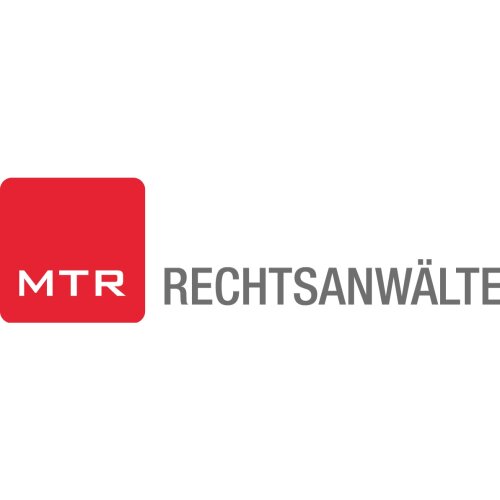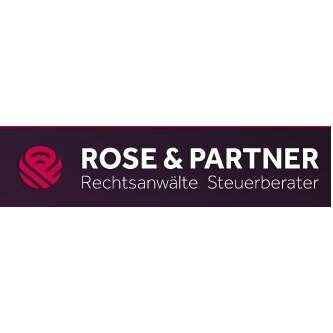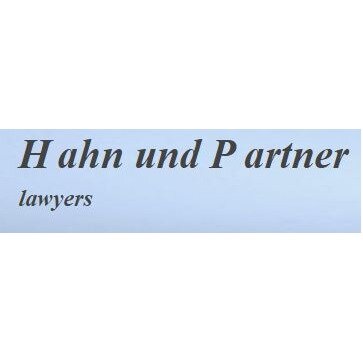Best New Business Formation Lawyers in Hamburg
Share your needs with us, get contacted by law firms.
Free. Takes 2 min.
List of the best lawyers in Hamburg, Germany
About New Business Formation Law in Hamburg, Germany
New Business Formation law in Hamburg, Germany governs the process of starting and establishing a new business in the city. It involves various legal requirements and procedures that must be followed to ensure compliance with local regulations. Whether you are starting a sole proprietorship, partnership, or a limited liability company (Gesellschaft mit beschränkter Haftung or GmbH), understanding the legal framework is crucial to set up your business successfully.
Why You May Need a Lawyer
Seeking legal advice from a lawyer specialized in New Business Formation can be beneficial in various situations, including:
- Choosing the right legal structure for your business
- Drafting and reviewing contracts and agreements
- Understanding tax obligations and optimizing tax strategies
- Complying with labor and employment laws
- Protecting intellectual property rights
- Resolving disputes and navigating legal procedures
Local Laws Overview
When establishing a new business in Hamburg, Germany, it is important to be aware of the following key aspects of local laws:
- Legal Structure: The most common legal structures are sole proprietorships, partnerships (General Partnership and Limited Partnership), and limited liability companies (GmbH).
- Registration: New businesses must register with the appropriate authorities, such as the Hamburg Chamber of Commerce (Handelskammer) and the tax office (Finanzamt).
- Trade License: Depending on the type of business, you may need a trade license (Gewerbeschein).
- Taxation: Understanding tax obligations, such as value-added tax (VAT) and corporate income tax, is essential.
- Labor Laws: Compliance with labor laws, including employment contracts, working hours, and employee benefits, is important when hiring employees.
- Contractual Agreements: Drafting and reviewing contracts, such as lease agreements or supplier contracts, need to be done in accordance with German contract law.
Frequently Asked Questions
1. Can I start a business as a foreigner in Hamburg, Germany?
Yes, foreign nationals can start a business in Hamburg. However, depending on your residency status, you may need specific permits or visas. It is advisable to consult an immigration lawyer for guidance.
2. What are the advantages of establishing a limited liability company (GmbH) in Hamburg?
As a GmbH, your personal liability is generally limited to your investment in the company. It offers credibility to potential business partners and investors and provides a separate legal entity for the business, which can make it easier to raise capital.
3. What taxes will my business be subject to in Hamburg?
Your business may be subject to various taxes, including corporate income tax (Körperschaftsteuer), trade tax (Gewerbesteuer), and value-added tax (Umsatzsteuer). It is essential to consult with a tax advisor to understand your specific tax obligations.
4. Are there any specific regulations regarding hiring employees in Hamburg?
Yes, there are regulations governing employment contracts, minimum wage requirements, working hours, and social security contributions. It is crucial to familiarize yourself with German labor laws and consult an employment lawyer if needed.
5. How do I protect my intellectual property rights when starting a business in Hamburg?
To protect your intellectual property, such as trademarks, patents, or copyrights, it is advisable to consult with an intellectual property lawyer. They can guide you through the registration process and assist in enforcing your rights if necessary.
Additional Resources
For further information and assistance in New Business Formation in Hamburg, Germany, consider consulting the following resources:
- Hamburg Chamber of Commerce (Handelskammer Hamburg)
- German Federal Ministry for Economic Affairs and Energy (Bundesministerium für Wirtschaft und Energie)
- German Patent and Trademark Office (Deutsches Patent- und Markenamt)
- German Federal Office for Migration and Refugees (Bundesamt für Migration und Flüchtlinge)
Next Steps
If you require legal assistance in New Business Formation in Hamburg, Germany, consider taking the following steps:
- Identify your specific legal needs, such as choosing a legal structure or drafting contracts.
- Research and shortlist lawyers specialized in New Business Formation in Hamburg.
- Arrange consultations with selected lawyers to discuss your requirements and evaluate their expertise.
- Select a lawyer who understands your business needs and has experience in New Business Formation in Hamburg, Germany.
- Engage the chosen lawyer to guide you through the legal process and ensure compliance with local laws.
Lawzana helps you find the best lawyers and law firms in Hamburg through a curated and pre-screened list of qualified legal professionals. Our platform offers rankings and detailed profiles of attorneys and law firms, allowing you to compare based on practice areas, including New Business Formation, experience, and client feedback.
Each profile includes a description of the firm's areas of practice, client reviews, team members and partners, year of establishment, spoken languages, office locations, contact information, social media presence, and any published articles or resources. Most firms on our platform speak English and are experienced in both local and international legal matters.
Get a quote from top-rated law firms in Hamburg, Germany — quickly, securely, and without unnecessary hassle.
Disclaimer:
The information provided on this page is for general informational purposes only and does not constitute legal advice. While we strive to ensure the accuracy and relevance of the content, legal information may change over time, and interpretations of the law can vary. You should always consult with a qualified legal professional for advice specific to your situation.
We disclaim all liability for actions taken or not taken based on the content of this page. If you believe any information is incorrect or outdated, please contact us, and we will review and update it where appropriate.












